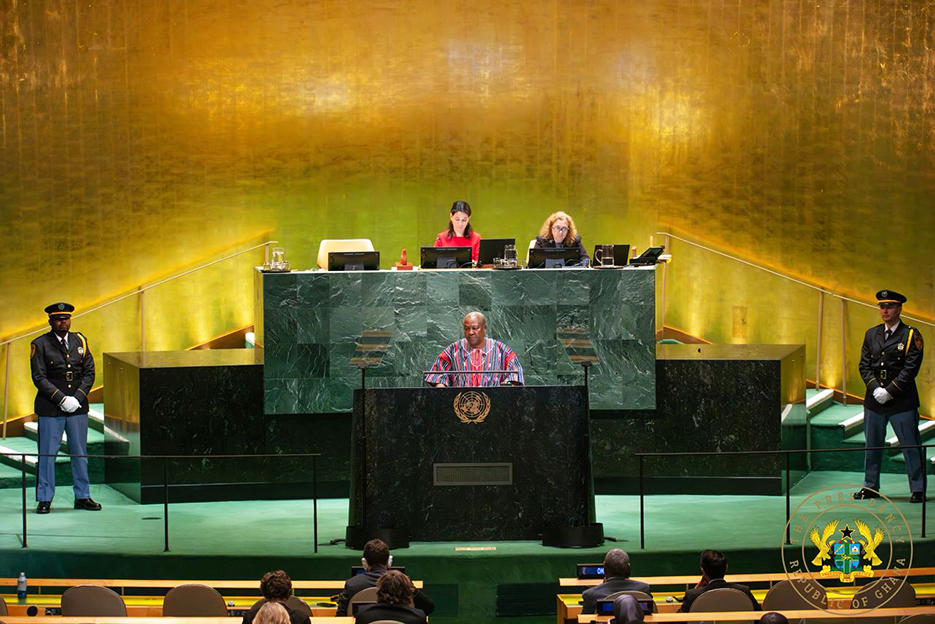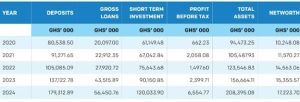
Ghana has to sustain annual growth above 6.5 percent and triple incomes by 2050 to avoid falling into the middle-income trap, according to the World Bank in its 2025 Policy Notes report ‘Transforming Ghana in a Generation’.
The Bank says productivity, infrastructure and skills development will be decisive for long-term growth. The report notes that Ghana’s per capita income has stagnated at around US$2,200 for the past decade, with poverty still affecting more than a quarter of the population.
Indeed, without bold action the country risks repeating cycles of fiscal crises that have already triggered 17 IMF programmes since independence.
Economic and social prospects weakened after a severe crisis in 2022, which was preceded by rising imbalances and debt accumulation. Between 2012 and 2023 only 250,000 net jobs were created, most of them in low-productivity sectors.
Robert Taliercio, World Bank Division Director for Ghana, Liberia and Sierra Leone, observed that sustaining high growth requires Ghana to follow the example of countries which have maintained stability, low inflation and sound public finances.
The Bank outlined four foundations for transformation: restoring macro-financial stability, raising productivity and competitiveness, ensuring sustainable resource management and strengthening governance.
The first priority is fiscal consolidation through stronger revenue collection and better expenditure controls, while advancing reforms in energy and cocoa.
The energy sector remains a major fiscal risk. Government transfers to cover financial shortfalls cost US$1.4billion in 2024 and are projected rising to US$2billion by 2026, equivalent to two percent of GDP.
Tax collection also lags behind potential. Ghana raised revenue equal to 13 percent of GDP in 2021, well below its estimated capacity of 21 percent and below the sub-Saharan Africa average. Revenue in first-half 2025 reached 7.1 percent of GDP, falling short of the 7.3 percent target.
The report highlighted the importance of lowering financing cost – by relying more on concessional loans rather than expensive domestic borrowing. Strengthening institutions and improving transparency are seen as critical to breaking from a history of fiscal indiscipline and IMF dependence.
The post Editorial: A sustained 6.5% growth needed for economic transformation?! appeared first on The Business & Financial Times.
Read Full Story













Facebook
Twitter
Pinterest
Instagram
Google+
YouTube
LinkedIn
RSS